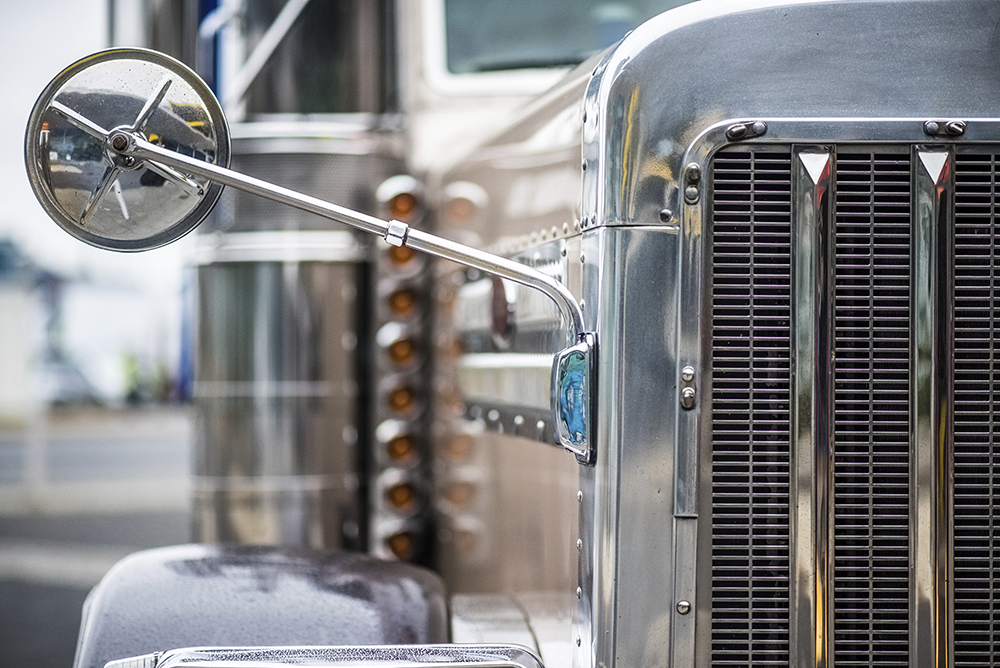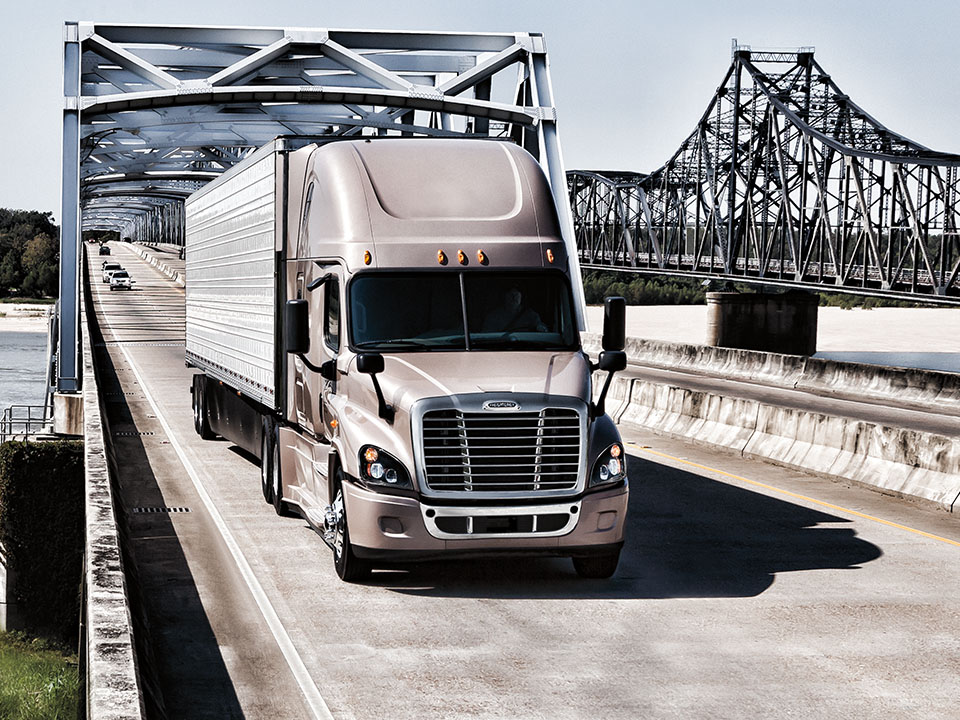I recently wrote an article in FleetOwner discussing the bi-partisan infrastructure bill which finally was signed into law. Now it’s time to hear from a NationaLease member.
Tom Fleming is Chairman and CEO of Aim NationaLease and Aim Integrated Logistics. He also sits on the NationaLease Board of Directors. We spoke recently about how the Infrastructure Investment and Jobs Act will impact his business and the industry at large.
Jane: Good morning, Tom. Well, after decades of anticipation, it finally happened. What is your opinion of the infrastructure bill?
Tom: I think it’s a great first step. I’m happy any time we can invest in roads and bridges. This ultimately should help everybody, not just those in the transportation business.
Jane: Obviously, the largest portion of the funds, $110 billion will go towards repairing and rebuilding roads and bridges. Will this help to optimize delivery. How much time do you estimate you currently lose due to road and bridge repairs?
Tom: Until we see exactly where the money is being spent (which roads and bridges), it’s hard to quantify how that will help our business. From the leasing side of our business, it’s our customers who will be most affected. However, at Aim Integrated Logistics, we are the transportation arm for our customers. I will say that any construction site causes problems, especially in metropolitan areas, both large and mid-size. We have some customers that supply convenience stores and that could mean 15 to 20 stops per day and when a truck is stuck in traffic, the cost to business is significant, especially when you add in HOS regulations. Fleets must be fluid and plan better. One of the good things I’ve been seeing is a lot of the repairs are performed at night. Regardless, our logistics team is aware of road conditions and they do whatever is possible to route around detours and construction. Sometimes you are limited in that area, and then we just have to struggle along, like everyone else.
Jane: Do you think outreach programs to younger people and the push towards hiring more women in the industry will be effective at helping relieve the ongoing driver shortage.
Tom: As a transportation business that depends on drivers, any actions will be helpful. Where we used to have one person in charge of hiring, we now have 8 or 9 in recruitment and retention. It’s difficult. However, the age factor is a concern for us. We’ve had an age limit for CDL drivers of 23, even though the regulations stipulate 21, so 18 is an even bigger concern. That’s due to higher insurance rates for younger drivers so hopefully that can be addressed. As far as attracting women drivers, we are gratified to see that trucks are becoming easier to drive. We won’t purchase any vehicles that don’t have automatic transmission. We’re hoping that this, along with the many technological advances and comfort concerns, will make this career more inviting for women.
Jane: EVs may not be in the immediate future for your fleet, but will the $7.5 billion to build charging stations make that type of vehicle more likely for your fleet, at least as part of the fleet?
Tom: I think that adding EVs to fleets will be driven more by regulations than practicality. I have a Tesla, so I know the practical limitations for an electric vehicle when it comes to miles driven. That holds true even more for commercial trucks. We will be investing in smaller trucks that make local deliveries and can return each night to the facility for overnight charging. For Class 8 trucks, the weight issue is something that needs to be addressed more, not to mention distance issues. In addition, as we are a company that also provides maintenance and repairs, EVs, which have 80% fewer moving parts, will negatively impact our business. However, none of this matters, since CARB regulations will push fleets into EVs in order to do business in California and the 16 other states that are following suit.
Jane: What do you think about some of the new safety rules in the bill?
Tom: Look, safety first is always top of mind for us, so anything to make vehicles safer is a good thing. But sometimes things are mandated that don’t really help, so we’ll just have to see how the new rules work out.
Jane: What do you think about the truck leasing task force investigating commercial lease agreements?
Tom: The task force concerns me since I don’t know who is on it. However, the ability to prevent predatory leases for owner-operators is a good thing. I think the task force’s intentions are good, but it’s not yet well-defined what their primary goals are.
Jane: Tom, thanks for your time. Any last thoughts?
Tom: Yes, the bill has passed and, as I said earlier, it’s a great first step. Now let’s just hope the money gets used wisely. Then once we see results, maybe we can get another shot at fixing even more.
How do you think the infrastructure bill will impact your business? Please email me at [email protected] and let me know. I look forward to hearing from you.





